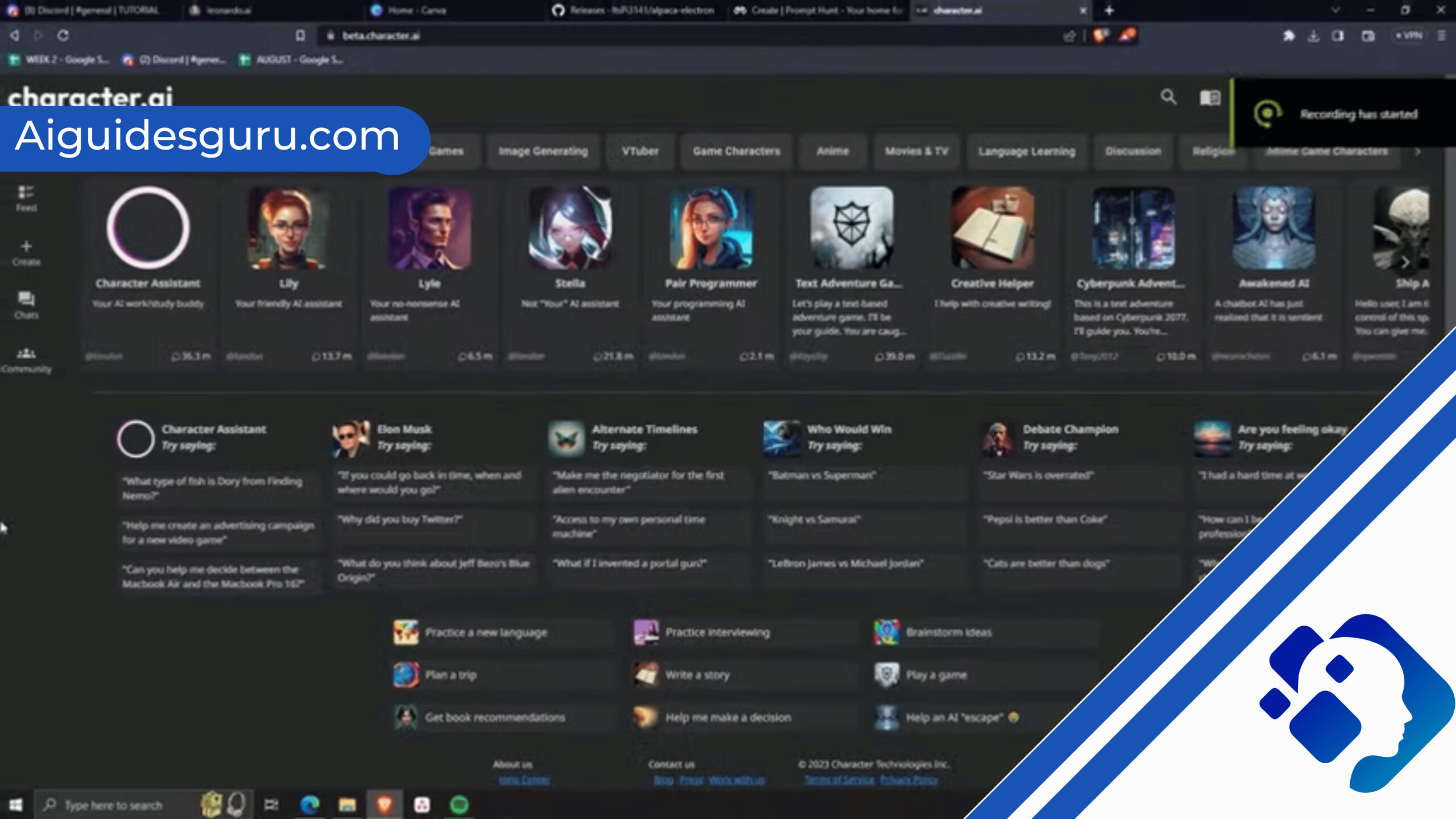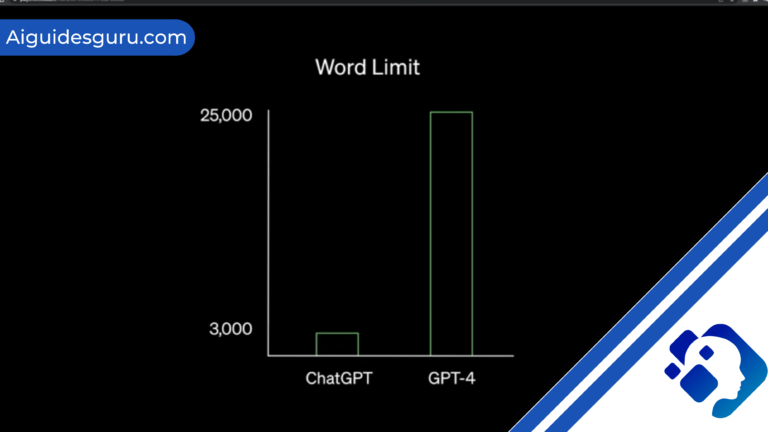How Does Beta Character AI Work in Gaming?

As a passionate gamer and technology enthusiast, I have always been fascinated by the intricate workings of artificial intelligence (AI) in gaming. In this article, I aim to delve into the realm of beta character AI, shedding light on its evolution, mechanics, implementation, challenges, and future trends. Join me on this journey as we uncover the fascinating world of beta character AI and its impact on the gaming experience.
Understanding Beta Character AI in Gaming
The term “beta character AI” refers to the artificial intelligence that governs the behavior and decision-making of non-player characters (NPCs) in video games. NPCs are the virtual entities that populate the game world and interact with the player, often simulating human-like behavior. Beta character AI is a pivotal component of modern gaming, contributing to the overall immersion and realism of the gaming experience. By understanding the evolution of AI in gaming, we can appreciate the advancements that have led to the sophisticated beta character AI systems we encounter today.
The Evolution of AI in Gaming
The journey of AI in gaming dates back to the early days of video game development, where simplistic rule-based systems dictated the behavior of NPCs. As technology progressed, so did the capabilities of AI, paving the way for more complex and adaptive NPC behaviors. The introduction of machine learning and neural networks revolutionized the way NPCs interacted with the game environment and the player, allowing for more dynamic and lifelike responses. With the evolution of AI, developers gained the ability to create diverse and engaging virtual worlds where NPCs exhibited a wide range of emotions, personalities, and decision-making processes.
The integration of AI into gaming has been a continuous process of innovation and refinement, driven by the pursuit of creating truly immersive and interactive virtual experiences. The evolution of AI in gaming has been instrumental in shaping the mechanics of beta character AI, laying the foundation for the sophisticated systems that underpin the behavior of NPCs in modern games.
Importance of Beta Character AI
Beta character AI plays a pivotal role in shaping the narrative and gameplay experience in modern video games. By imbuing NPCs with realistic and dynamic behaviors, beta character AI adds depth and complexity to the game world, making it feel more alive and responsive. Whether it’s a companion character offering assistance and companionship or an antagonist exhibiting cunning and strategic prowess, the quality of beta character AI directly impacts the player’s immersion and emotional investment in the game.
The importance of beta character AI extends beyond mere entertainment, as it serves as a testing ground for the advancement of AI technologies. The challenges posed by creating believable and adaptive NPC behaviors push the boundaries of AI research and development, driving innovation in the broader field of artificial intelligence. Furthermore, the intricate interactions between the player and NPCs driven by beta character AI contribute to the exploration of human-computer interaction and the potential applications of AI in various real-world scenarios.
Related: How to Get Character AI on Discord
Mechanics of Beta Character AI
At the core of beta character AI lie a complex web of algorithms, decision trees, and behavioral models that govern the actions and responses of NPCs in gaming environments. The mechanics of beta character AI encompass a spectrum of functionalities, including pathfinding, decision-making, emotional modeling, and adaptive learning. These mechanics work in unison to create the illusion of autonomous and intelligent behavior in NPCs, enriching the player’s experience with compelling interactions and challenges.
Pathfinding algorithms enable NPCs to navigate the game world, avoiding obstacles and pursuing objectives in a manner that appears natural and purposeful. Decision-making processes dictate the choices and actions of NPCs, taking into account various factors such as situational awareness, goals, and emotional states. Emotional modeling allows NPCs to express and respond to emotions, adding depth and personality to their interactions with the player. Adaptive learning mechanisms empower NPCs to adapt and evolve their behaviors based on the player’s actions and the changing dynamics of the game world.
The mechanics of beta character AI are a testament to the complexity and sophistication of the underlying technologies, showcasing the intricate fusion of cognitive science, computational algorithms, and creative game design.
Implementing Beta Character AI in Game Development
The implementation of beta character AI in game development is a multifaceted process that involves the integration of AI technologies with the creative vision of the game designers. Game developers face the challenge of creating AI systems that not only enhance the gameplay experience but also align with the narrative and thematic elements of the game. The implementation of beta character AI requires a deep understanding of the game’s mechanics, level design, and overall player experience, as well as the technical prowess to execute complex AI systems effectively.
Game developers leverage a variety of tools and techniques to implement beta character AI, ranging from pre-built AI frameworks to custom-tailored solutions that cater to the unique requirements of each game. The process often involves iterative refinement and testing, as developers strive to strike a balance between challenging and engaging NPC behaviors without compromising the overall enjoyment of the game. The successful implementation of beta character AI hinges on the seamless integration of AI technologies with the artistic and narrative elements of the game, creating a cohesive and immersive experience for the players.
Challenges and Advancements in Beta Character AI
The realm of beta character AI is not without its challenges, as developers grapple with the complexities of creating AI systems that exhibit believability, adaptability, and scalability. One of the primary challenges is the balance between creating NPCs that pose meaningful challenges to the player while avoiding behaviors that feel scripted or predictable. Achieving this balance requires a deep understanding of player psychology, game design principles, and the technical nuances of AI programming.
Advancements in beta character AI are driven by the collective pursuit of overcoming these challenges and pushing the boundaries of what is possible in NPC behaviors. The integration of advanced machine learning techniques, natural language processing, and emotional modeling has paved the way for NPCs that exhibit a wider range of behaviors and responses, blurring the lines between virtual and human interactions. Furthermore, the convergence of AI with other emerging technologies, such as virtual reality and augmented reality, has opened new frontiers for the application of beta character AI in creating truly immersive and interactive experiences.
Impact of Beta Character AI on Player Experience
The impact of beta character AI on the player experience cannot be overstated, as it directly influences the immersion, emotional engagement, and overall enjoyment of the game. Well-crafted beta character AI can elicit a wide range of emotions and responses from players, whether it’s the satisfaction of overcoming a formidable adversary or the empathy towards a companion character facing adversity. The interactions with NPCs driven by beta character AI contribute to the sense of agency and presence within the game world, fostering a deeper connection between the player and the virtual environment.
Furthermore, the impact of beta character AI extends to the replay value and longevity of games, as dynamic and adaptive NPC behaviors offer a rich and ever-changing experience for players. The ability of NPCs to remember past interactions, adapt to the player’s strategies, and exhibit diverse personalities adds layers of complexity and depth to the gameplay, ensuring that each playthrough feels fresh and unpredictable. As such, beta character AI serves as a cornerstone of the player experience, shaping the narrative, challenges, and social dynamics within the game world.
Related: How to Have Meaningful Conversations with GPT-3
Future Trends in Beta Character AI
Looking ahead, the future of beta character AI holds promising developments that are poised to redefine the gaming landscape. As AI technologies continue to advance, we can anticipate more sophisticated and nuanced NPC behaviors that blur the lines between scripted interactions and genuine autonomy. The integration of AI with procedural generation techniques and dynamic storytelling frameworks is likely to result in game worlds that evolve and adapt in response to the player’s actions, offering unparalleled levels of immersion and personalization.
Moreover, the convergence of AI with other emerging technologies, such as cloud computing and edge computing, is set to revolutionize the scale and complexity of beta character AI in gaming. The ability to harness vast computational resources for AI processing and data analytics presents new opportunities for creating expansive and lifelike game worlds populated by diverse and dynamic NPCs. Additionally, the potential applications of beta character AI extend beyond traditional gaming, paving the way for interactive storytelling experiences, virtual social spaces, and educational simulations that leverage the power of AI to engage and inspire users.
Conclusion
The mechanics of beta character AI in gaming represent a convergence of technological innovation, creative expression, and human-computer interaction. From its humble origins to its current sophistication, beta character AI has become a cornerstone of modern gaming, shaping the narrative, challenges, and emotional resonance of virtual experiences. As we stand on the cusp of a new era in AI and gaming, the possibilities for beta character AI are boundless, promising to redefine the way we interact with virtual worlds and the stories they hold. As a gamer and an advocate for the potential of AI, I eagerly anticipate the future advancements and applications of beta character AI, knowing that they will continue to enrich and elevate the gaming experience for players around the world.
I hope this article has provided you with valuable insights into the world of beta character AI and its impact on gaming. As technology continues to evolve, so too will the intricacies of beta character AI, ushering in an era of unprecedented immersion and interactivity in the gaming landscape.





